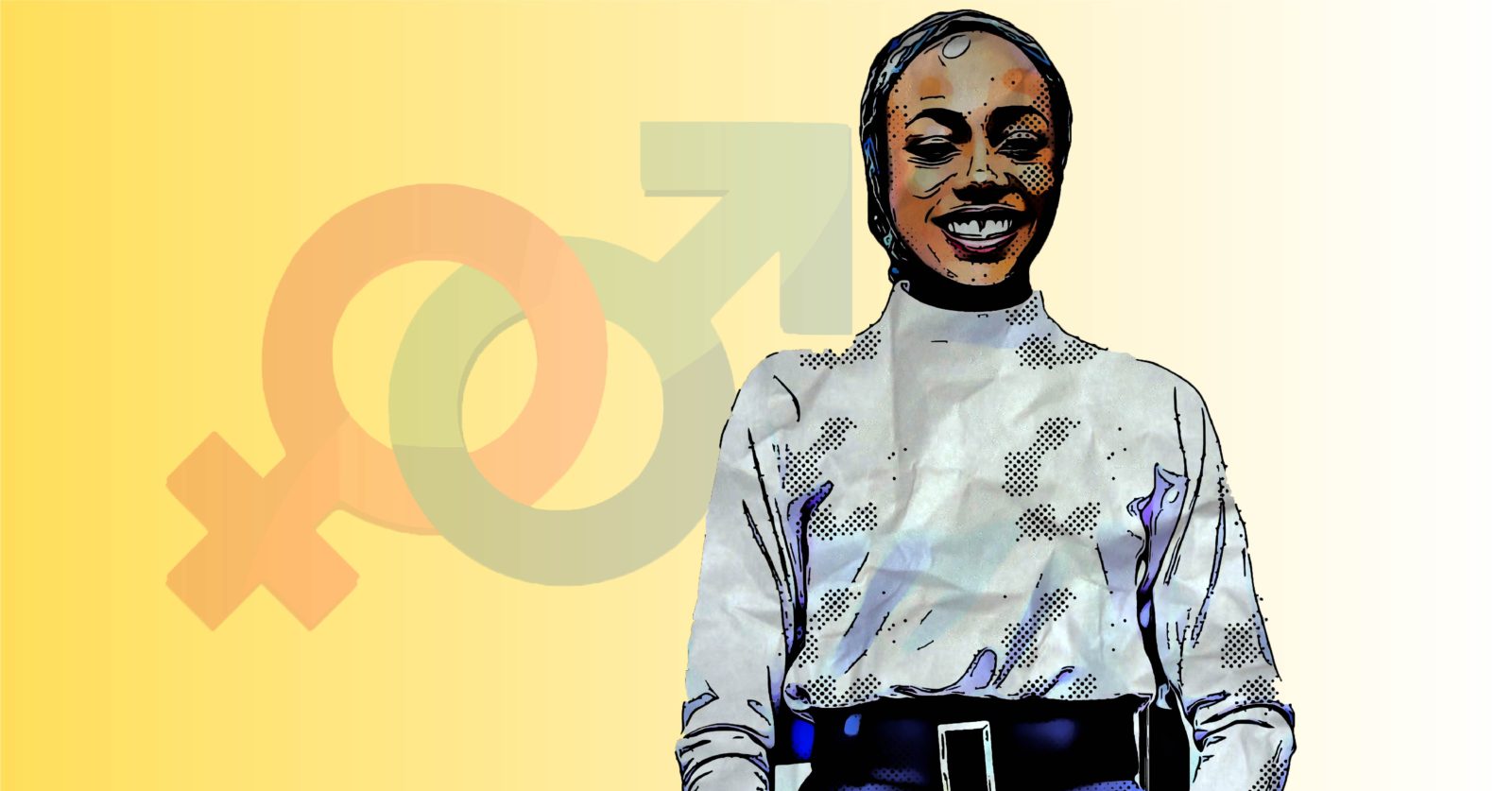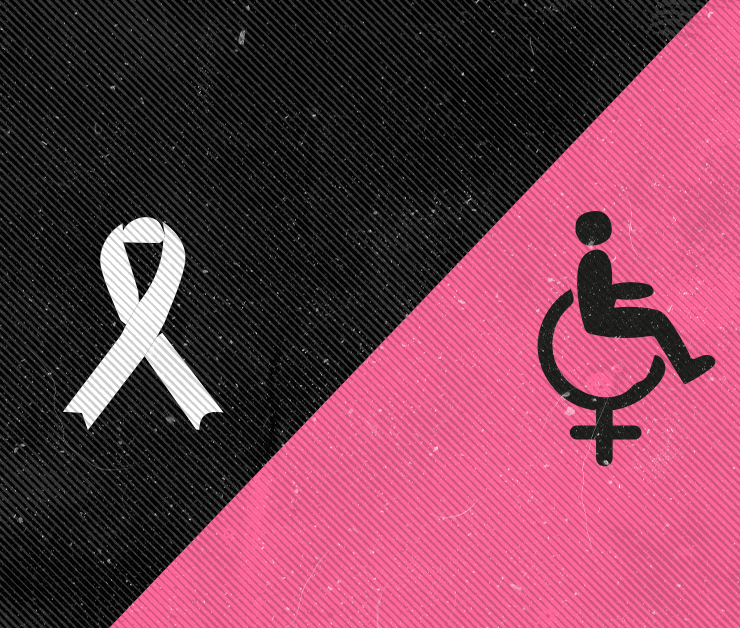The Nigerian woman calling out sexism one tweet at a time
- Everyday, Amarachi Nickabugu shares a discriminatory law against women from across the world.

On May 23, 2020, an account on Twitter named “cannonball” posted these words: “Beginning tomorrow, everyday, I will tweet one law that discriminates against women, especially in African countries. I want to see when I run out of material,” which she suffixed with #everydayfeminism.
With these words, “cannonball” started a conversation about sexism and how the law enables it.
It’s been almost a year now and Amarachi Nickabugu, the 23-year-old woman behind the account, is still going at it: finding laws not just in Africa but across the globe that undermine women as human beings and dictate their citizenship, marriage, business, industry, inheritance, and movement.
With her tweets, the Law student in Nigeria wants to create awareness. She wants people to discuss sexism openly, she says, and to call out this It’s not that bad tone that underlies conversations about gender equality.
“A typical example would be someone responding to ‘We need to give women their full rights’ with ‘What rights do women not have?’” Nickabugu says. “Not only does it irk me that someone would pose like they can’t see how women are treated in society; ultimately, it bothers me that the state itself played a huge role in depriving women of actual basic rights.”
Nickabugu has witnessed these laws play out in her home country, Nigeria.
“The most commonly occuring instance of legal discrimination is women being unable to pass their citizenship to their husbands,” Nickabugu says. “The constitution of Nigeria grants men the right to transmit nationality to a foreign spouse, upon marriage. The reverse is not the same for women.”
“So the [Nigerian] women I know who have husbands from other countries have, even without thinking of it, been affected by that discriminatory constitutional provision,” she adds.
In January 2021, an officer in the Nigeria Police Force (NPF), Olajide Omolola, was dismissed for getting pregnant while unmarried. Astonishingly, Nickabugu had tweeted about the law in July 2020.
53. According to the Nigeria Police Regulations, an unmarried female Police Officer who becomes pregnant shall be dismissed from the Force and will not be re-enlisted unless the Inspector-General of Police so approves. #everydayfeminism https://t.co/mOYp4cM02c
— cannonball (@a_nickabugu) July 14, 2020
When the incident broke, Nickabugu made another tweet announcing the woman’s dismissal and interrogating how it managed to happen despite the fact that the law had been repealed in September 2020.
“You see, there is an additional layer of recklessness here. For an institution of the state to revert to an inapplicable law just so they can maintain their discriminatory practices,” Nickabugu tells Minority Africa.
When Nickabugu started listing laws that discriminate against women, she did not know how much impact her tweets would have or how long she would do it.
Her first tweet—about tweeting one law a day that discriminates against women—has been retweeted over 6,000 times, has over 6,500 likes, and has over 940 quote tweets.
Since starting this thread, the response to her tweets has been a mixture of surprise and objection. Each tweet generates a debate on inequality; there are many tags by people who want others to read the tweets and often other people put up the tweets in response to a question or an argument on social media.
In her day-one tweet, for example, Nickabugu quoted section 55(1)(d) of the penal Code (applicable in Northern Nigeria) which makes it lawful for a man to beat his wife for the purpose of “correcting” her.
While many users were shocked and revolted by this law, one user defended it saying, “Beating is often seen as a way of setting one in the right path, that is why it is allowed. It is not as a form of brutalisation or violence, but to correct and set right.”
Comments such as this do not deter Nickabugu. Instead, they fuel her to further expose these oppressive laws.
Although she started out tweeting about laws in Africa, she was surprised to find such discriminatory laws were present in other parts of the world too.
Women in Russia, for example, were until recently banned from working 456 jobs across 38 industries. They could not work in exploratory drilling of oil and gas wells or carpentry, and could not be employed as ship captains, firefighters, train drivers, or drivers of buses with more than 14 seats.
The legislation was updated in September last year and with effect from January 2021, granting women the right to drive buses and trains in Russia, but 98 other industries remain closed to them.
While many may argue that such laws that ban women from working certain jobs or working certain hours are there to protect them, Nickabugu calls that line of thinking sexism in disguise.
“You find that in countries that say a woman should not engage in some occupations because they’re arduous, they have a good population of women in farmlands working several hours with a baby strapped to their back,” she says. “When women work at home, it is excused. In fact, the work is expected of them, even where it is heavy and difficult, and the effects are obviously unhealthy.
“But let a woman say she wants to be a firefighter or a ship captain, then suddenly, it’s too much for women. It’s laughable, to be honest.”
Nickabugu’s outspokenness and zeal when she is talking about feminism and equality are in tandem with her Twitter username.
“I am often calm and largely ‘uneventful’ until I have to do something I like, then I’m loud and unapologetic and full of verve,” she explains. “I reckon that’s what a cannonball would be like if it were a person.”
Journalist at large.






